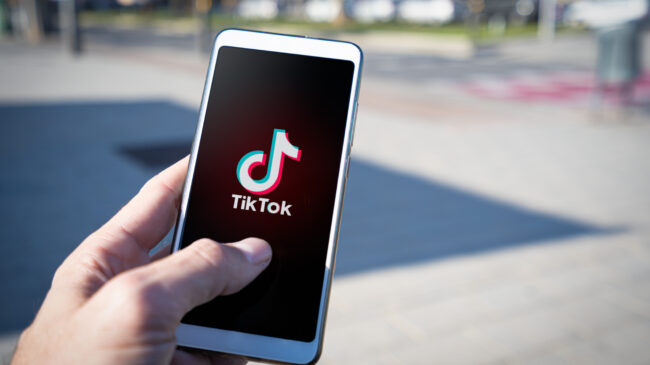Tawainna Anderson, individually and as administratrix of the estate of N.A., a deceased minor,
Plaintiff – Appellant,
v.
TikTok, Inc.; Bytedance, Inc.,
Defendants—Appellees.
On Appeal from the United States District Court for the Eastern District of Pennsylvania,
(D.C. Civil No. 2-22-cv-01849)
The Honorable Paul S. Diamond
Statement Of Interest of Amici Curiae
Amici Electronic Frontier Foundation, Center for Democracy and Technology, Foundation for Individual Rights and Expression (FIRE), Public Knowledge, Reason Foundation, and Wikimedia Foundation are six nationally prominent non-profit organizations focused on defending the rights of internet users. They are all experts in civil liberties and technology, including Section 230 (47 U.S.C. § 230), the rights and liabilities of internet intermediaries, and, importantly, the ability of internet users to engage in online free expression. Amici have filed numerous briefs in federal and state courts nationwide on these issues, including in the U.S. Supreme Court in Gonzalez v. Google LLC, 598 U.S. 617 (2023) and Moody v. NetChoice, LLC, 144 S.Ct. 2383 (2024). More detailed organizational statements of interest are available in the Unopposed Motion for Leave to File Brief of Amici Curiae.
This Court should grant Defendants-Appellees’ petition for rehearing en banc. The panel erred by holding that TikTok does not have Section 230(c)(1) immunity for recommending videos created by its users and that First Amendment protection for editorial choices around the display of third-party speech is mutually exclusive from Section 230(c)(1) immunity. The panel dismissed the text of Section 230 and the reasonable rulings of other circuits.
Moreover, whether Section 230(c)(1) applies to an online platform’s video recommendations was extensively briefed in Gonzalez v. Google LLC, 598 U.S. 617 (2023). It is improbable that while the Supreme Court declined to rule on this issue in Gonzalez, it did so by implication in Moody v. NetChoice, LLC, 144 S.Ct. 2383 (2024).
The panel’s rule creates a huge loophole that would make Section 230(c)(1) immunity virtually meaningless, undermining Congress’ policy goal of incentivizing internet intermediaries to facilitate third-party speech at scale.
The panel’s rule would ultimately harm internet users as online platforms would decrease useful content curation and increase censorship to reduce their legal exposure.
Full Brief: Anderson v. TikTok, Inc.
